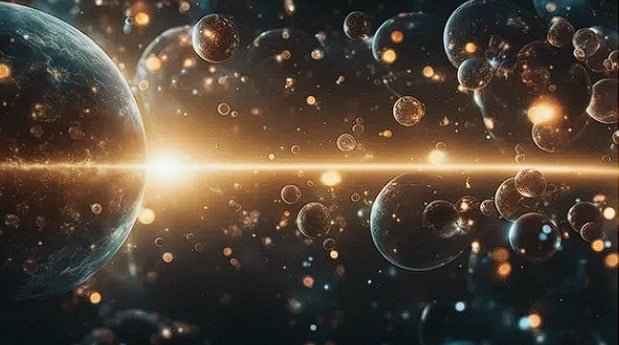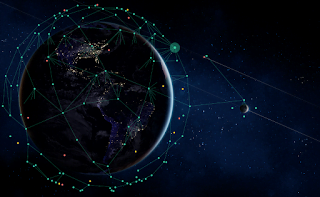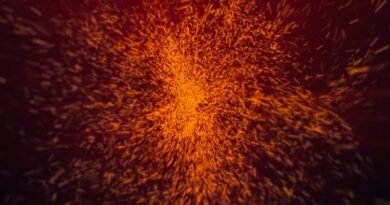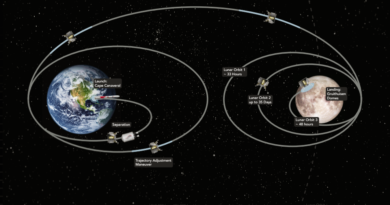New Study Suggests Universe Expansion Linked to Merging ‘Baby Universes’

A new theoretical study proposes that our universe’s expansion is driven by the merging of ‘baby universes’, reshaping our understanding of cosmic evolution.
The universe’s expanding mystery continues to intrigue scientists, with a new theoretical study suggesting an alternative explanation for its acceleration. Instead of dark energy, could our universe be expanding by colliding with and absorbing ‘baby’ parallel universes?
Published on December 12, 2023, in the Journal of Cosmology and Astroparticle Physics, this study proposes a fascinating concept: our universe’s expansion is driven by interactions with other universes. While not a new idea, this study pioneers a mathematical model to explore the hypothetical impact of these interactions on cosmic evolution.
The researchers’ calculations indicate that merging with other universes could increase our universe’s volume, mirroring observed expansion patterns. Surprisingly, their model aligns better with observational data than the conventional Standard Cosmological Model.
Moreover, the study offers a fresh perspective on cosmological inflation, suggesting that early rapid expansion may have been caused by absorption into a larger universe rather than by the inflaton field.
Although speculative, this absorption process offers potential insights into resolving cosmological mysteries. The researchers propose that our universe continues to collide with ‘baby universes,’ incorporating them over time.
While intriguing, these ideas await validation through observational data. Ongoing experiments, particularly those examining the cosmic microwave background, hold promise for confirming or refuting these hypotheses.
Yoshiyuki Watabiki, a physicist at the Tokyo Institute of Technology, emphasizes the importance of forthcoming observations from telescopes like Euclid and the James Webb telescope in determining the validity of these models for describing our universe’s expansion dynamics.








